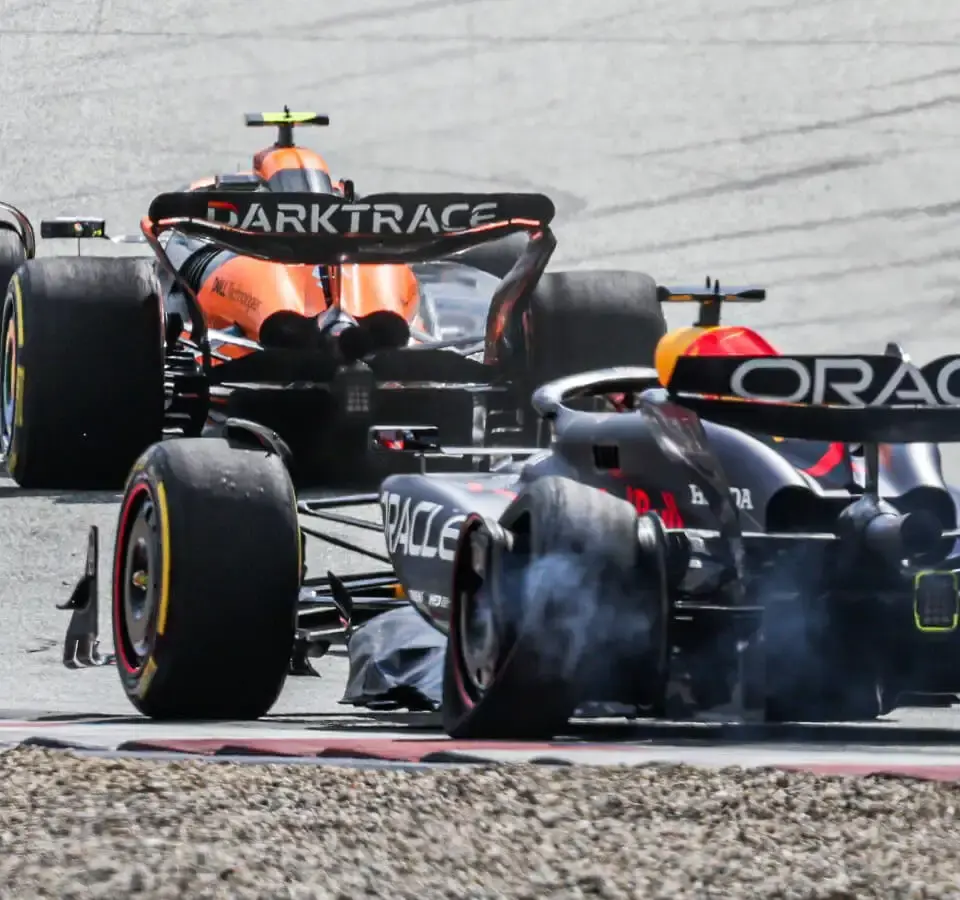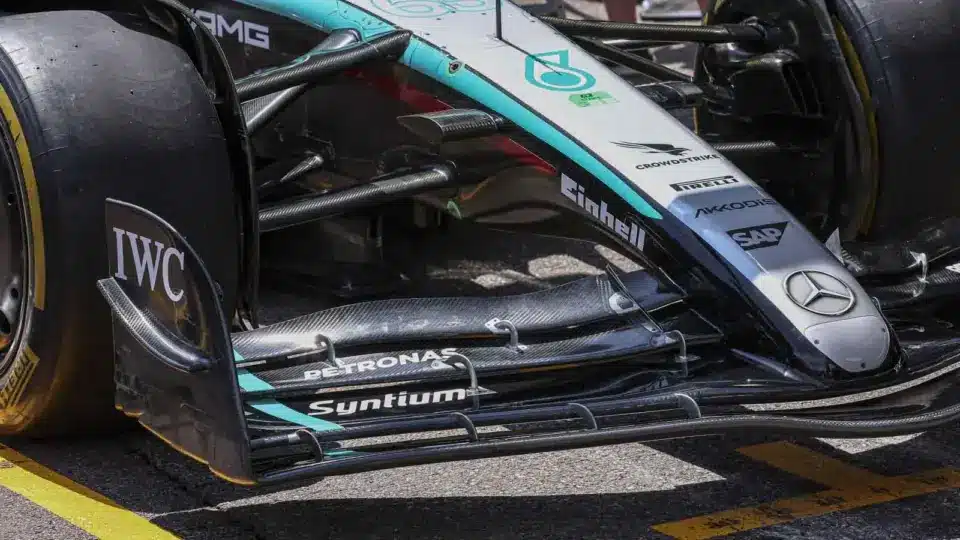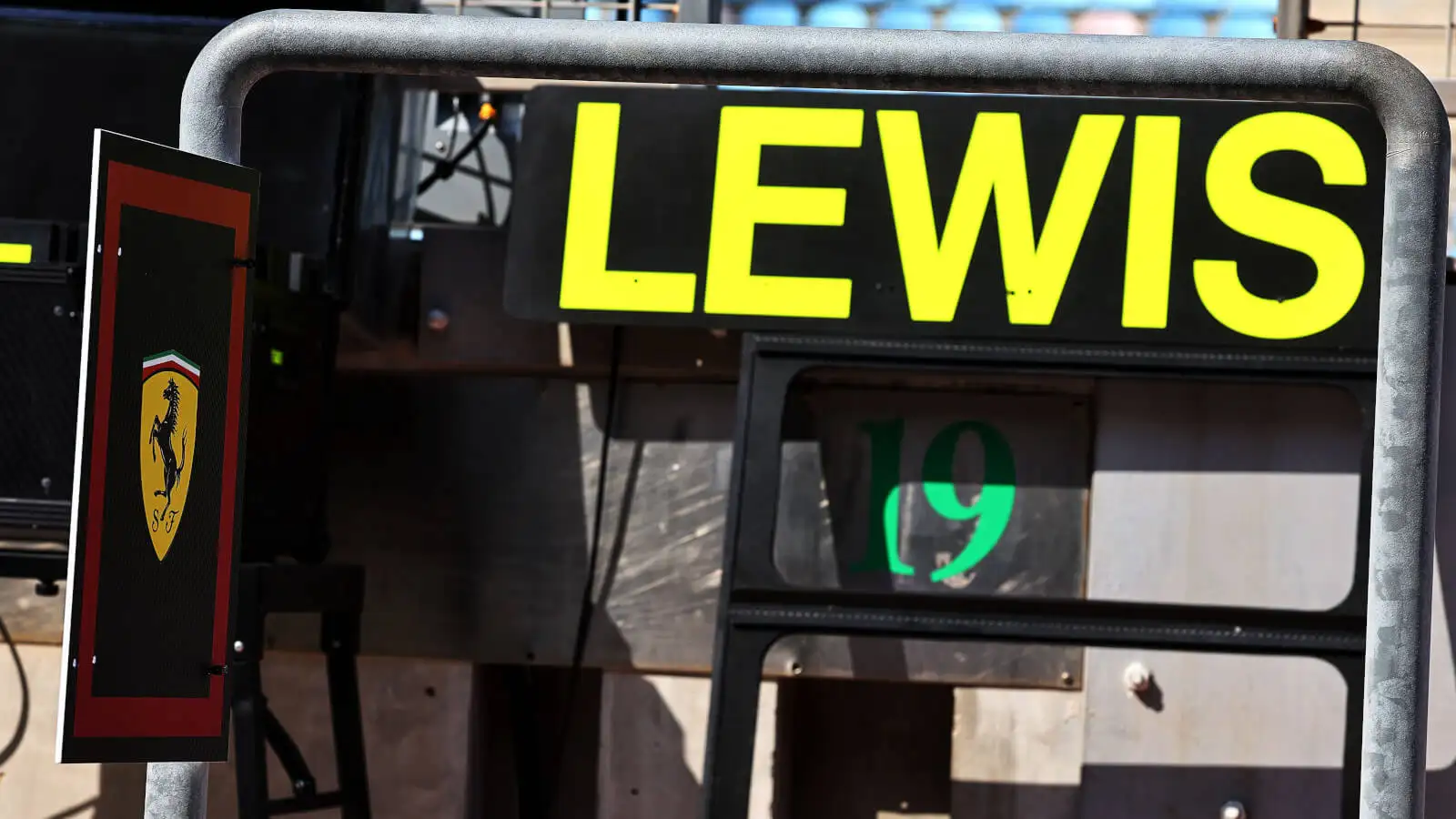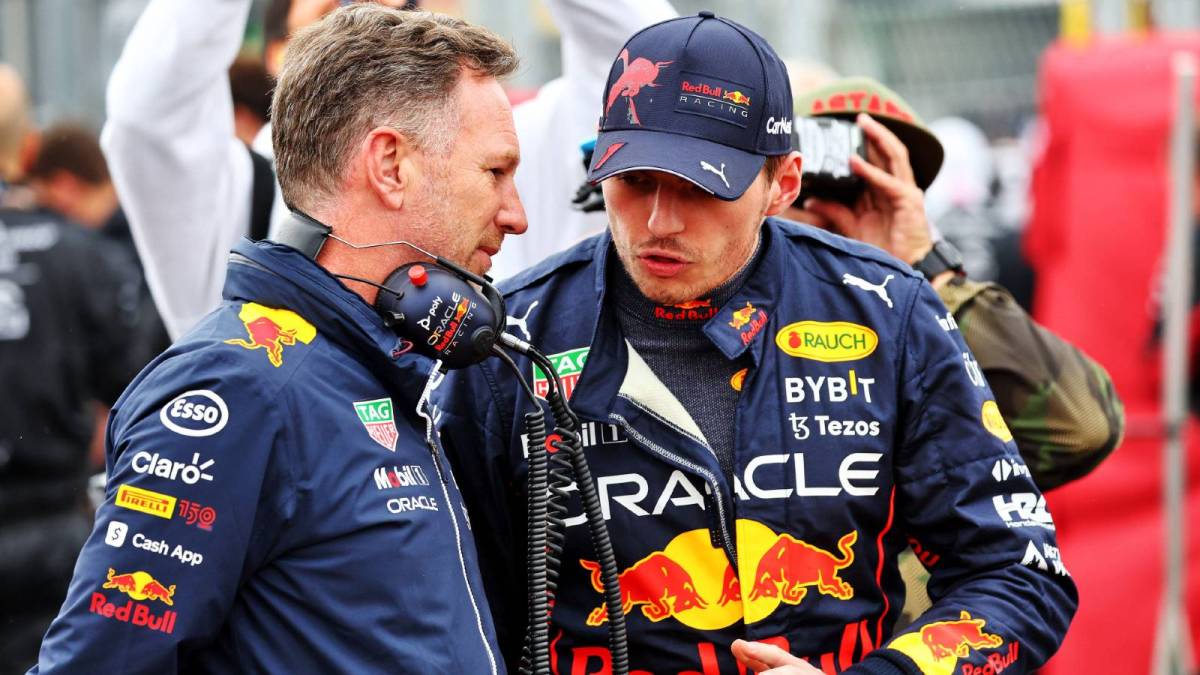In the high-stakes world of Formula 1, tensions flared between Max Verstappen and Lando Norris, stirring discussions on potential biases.
- During a dramatic Austrian Grand Prix, a pivotal clash saw Verstappen and Norris’s cars collide, leading to a penalty for the Dutch driver.
- Observers question whether the incident might harm Verstappen’s long-standing reputation in the sport.
- Damon Hill, a seasoned commentator, dismisses notions of nationalistic bias, focusing on the sport’s integrity.
- The role of FIA regulations and their enforcement becomes a central talking point in managing driver conduct.
In the whirlwind of the Austrian Grand Prix, Max Verstappen and Lando Norris found themselves at the center of a controversial clash. As Norris attempted to overtake Verstappen in a crucial moment, both cars collided in the braking zone at Turn 3. This incident led to Norris being knocked out of the race due to a puncture, while Verstappen continued after a pit stop, though he received a 10-second penalty for his actions.
Johnny Herbert, one of the race stewards, described Verstappen’s maneuver as ‘deliberate’ with intentions to intimidate Norris. This perspective echoed broader concerns regarding Verstappen’s aggressive style and how it might impact his reputation as a formidable yet fair competitor in Formula 1.
Amidst these tensions, Damon Hill, a notable former World Champion, commented extensively on the situation. Hill emphasized that his views were not borne out of British bias but rather a passionate concern for the sport’s governance. He noted that Verstappen’s aggressive tactics, while effective, could eventually tarnish his legacy. Hill’s insight pointed towards a larger issue: the need for FIA’s decisive actions to maintain the integrity of racing standards.
Hill conveyed a strong belief that drivers like Verstappen rely heavily on calculated risks, banking on occasional penalties as a trade-off for the gains achieved by aggressive racing. He expressed worries that without firm regulatory interventions, drivers might continue unchecked in hostile maneuvers that could jeopardize sporting fairness. Hill cited historic examples, contrasting past driving legends who maintained decorum despite the intense competition of their eras.
The discourse extends beyond individual accountability to the structures governing Formula 1. The enforcement, or lack thereof, of rigorous regulations could set precedents that define the sport’s future competitive landscape. Observers argue that the FIA plays a critical role in ensuring that drivers balance competitive spirit with sportsmanship, deterring them from dangerous or unsporting conduct.
The controversy underscores the need for a balanced approach to racing regulations that uphold fairness and competitiveness.










